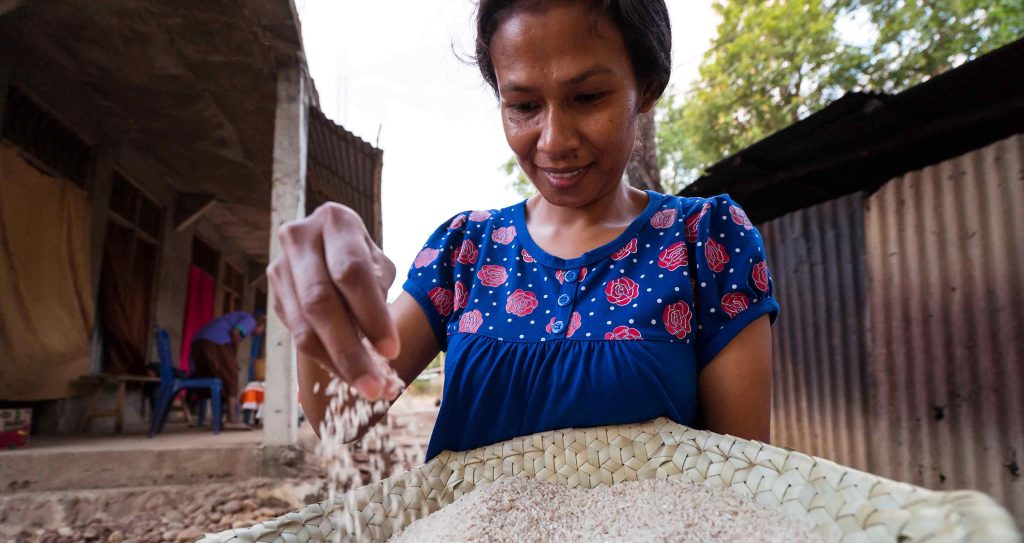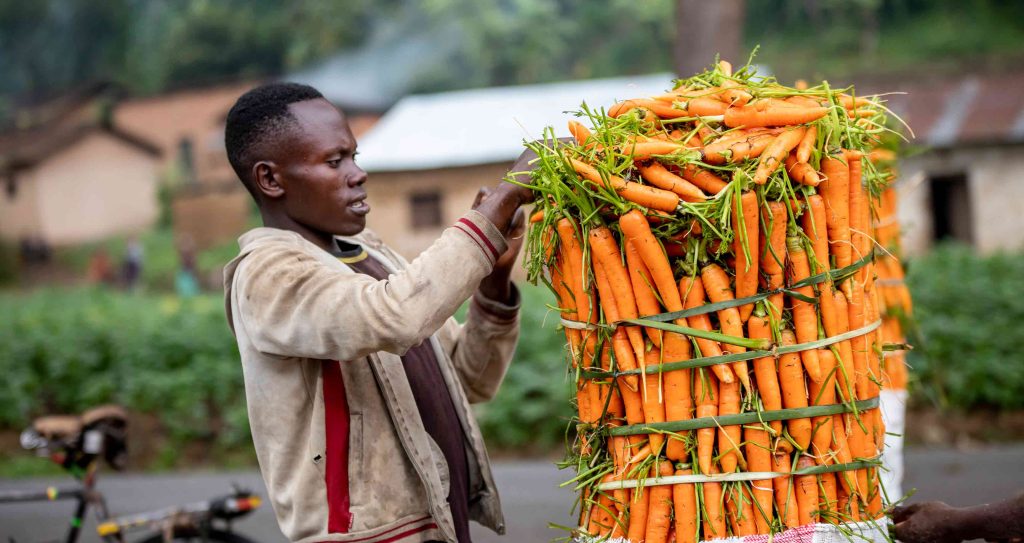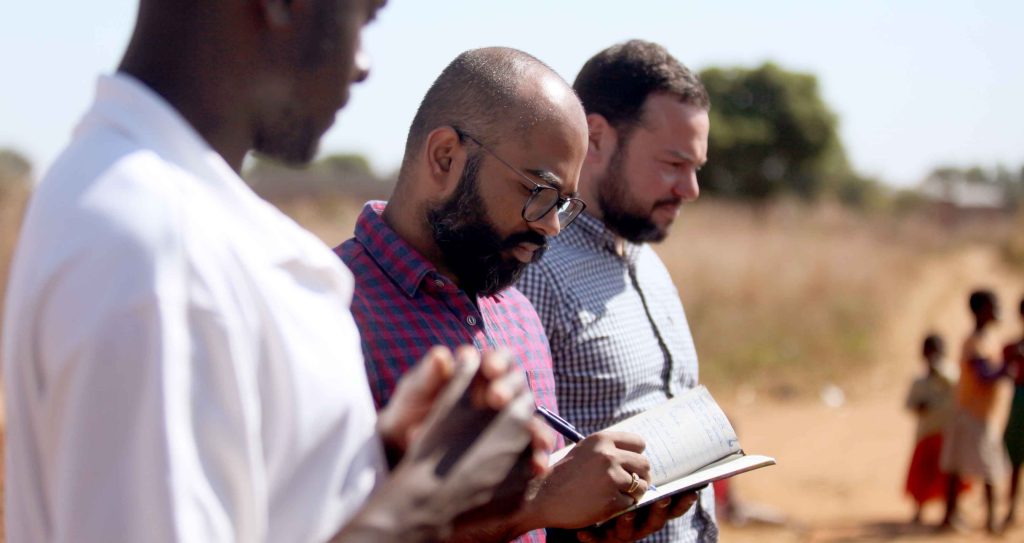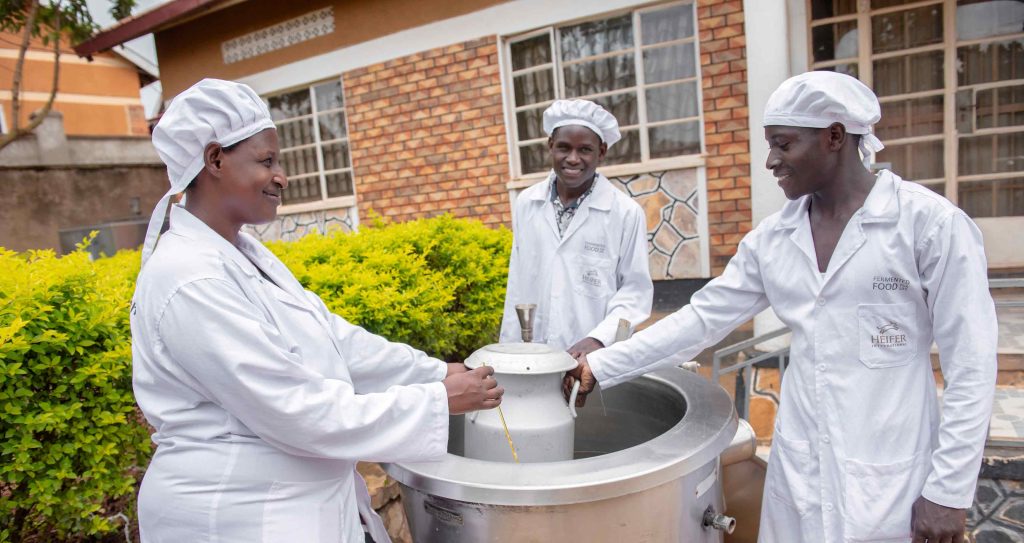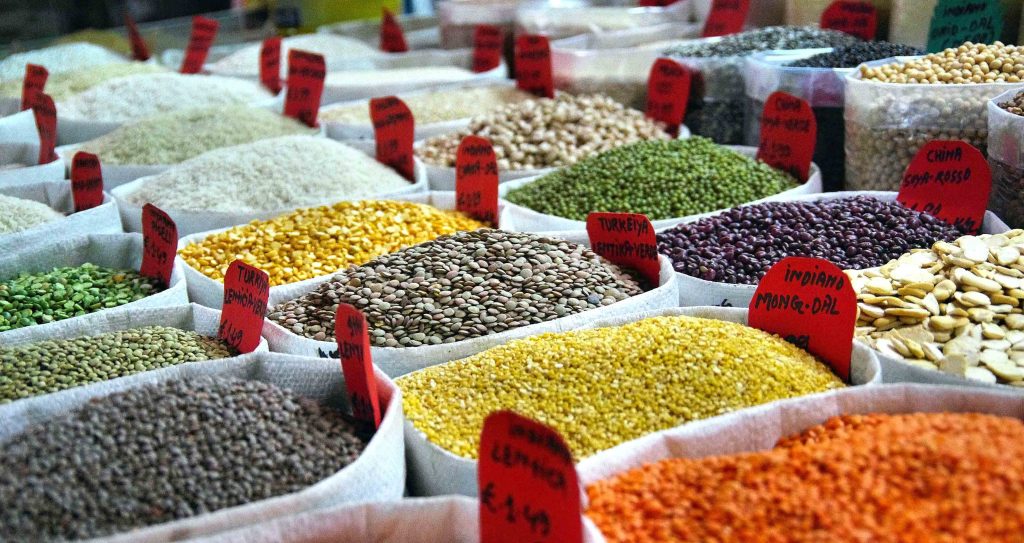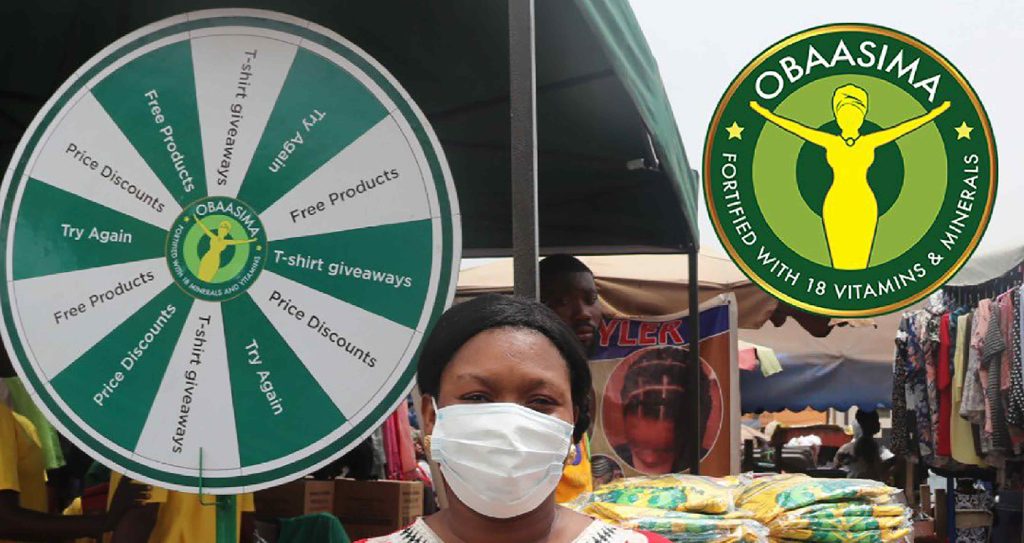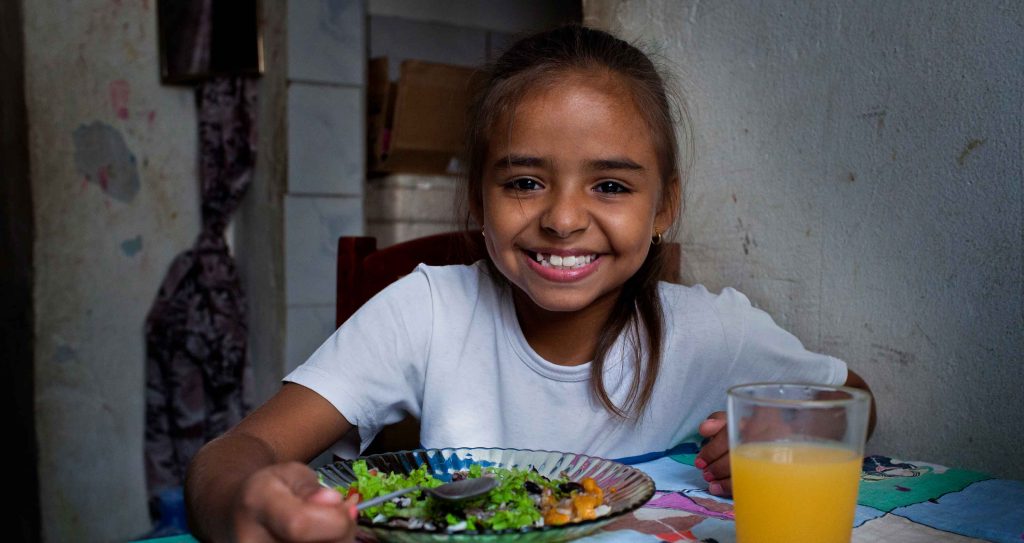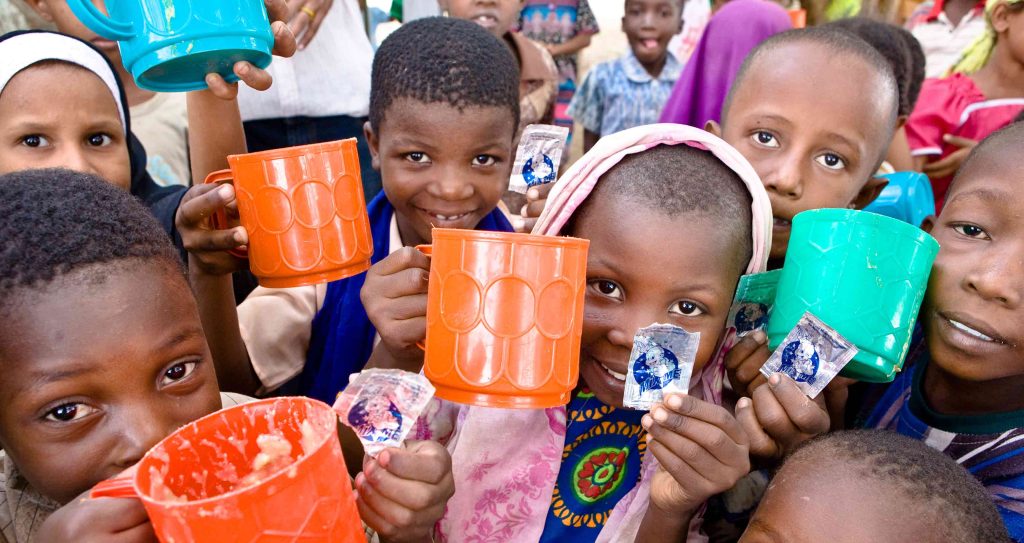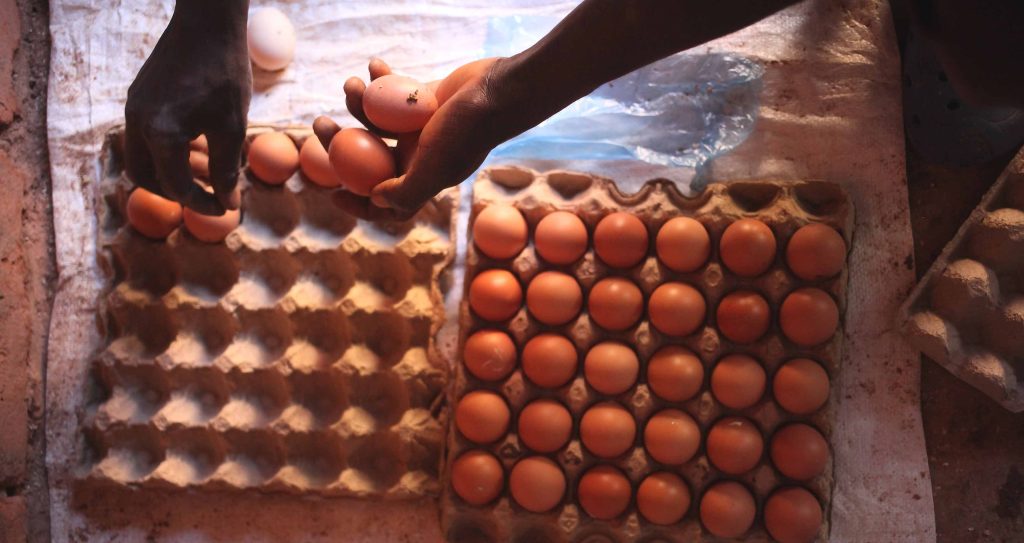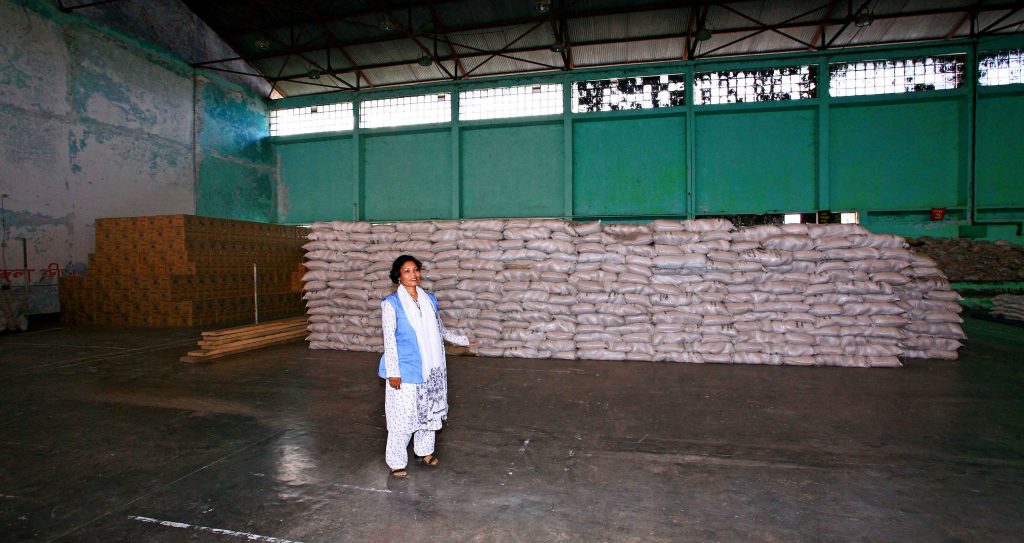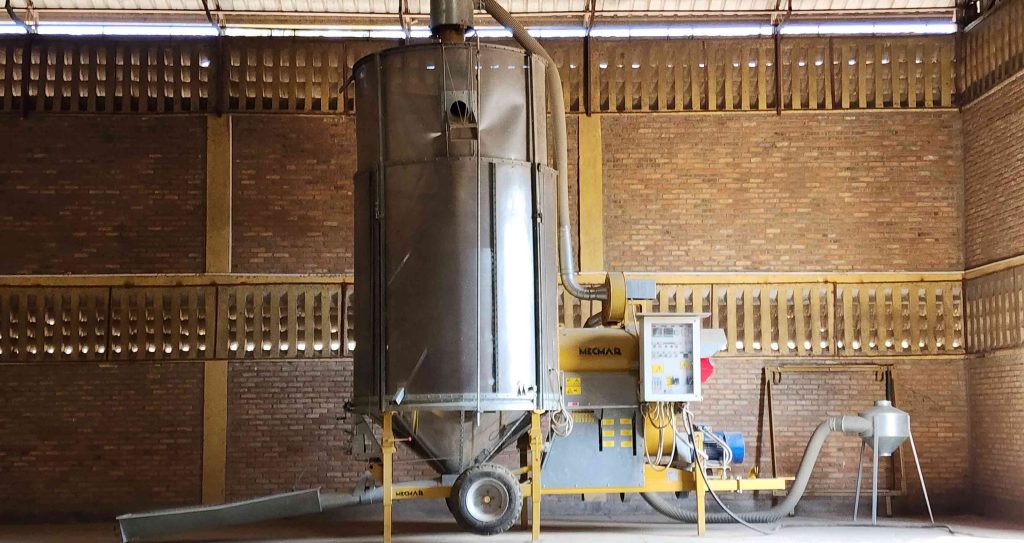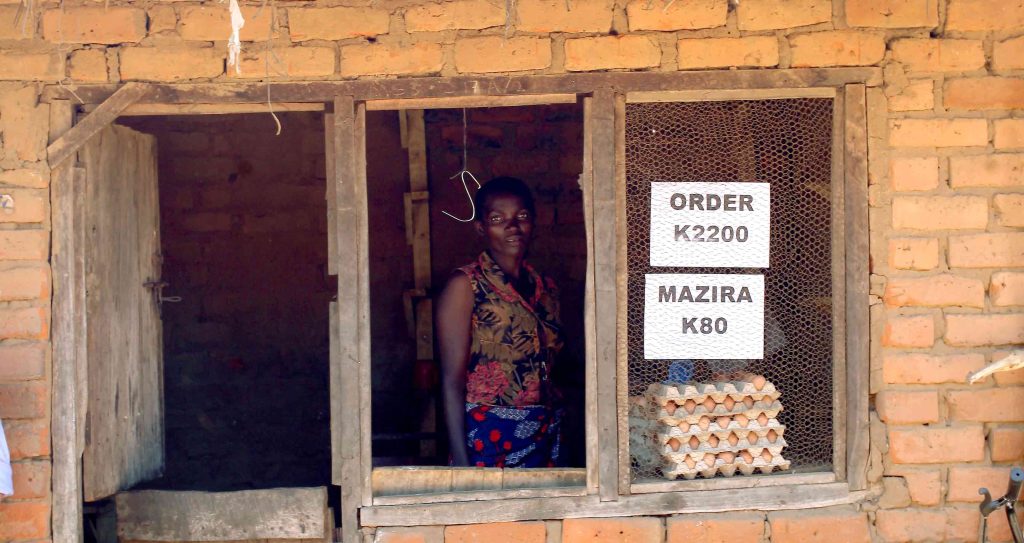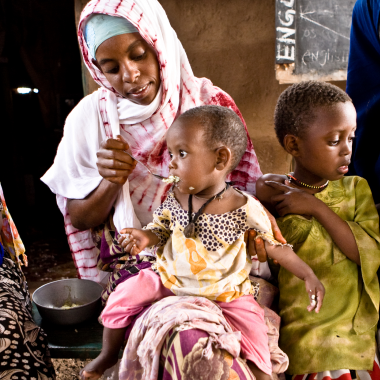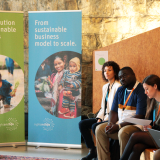Tackling aflatoxins; increasing food safety
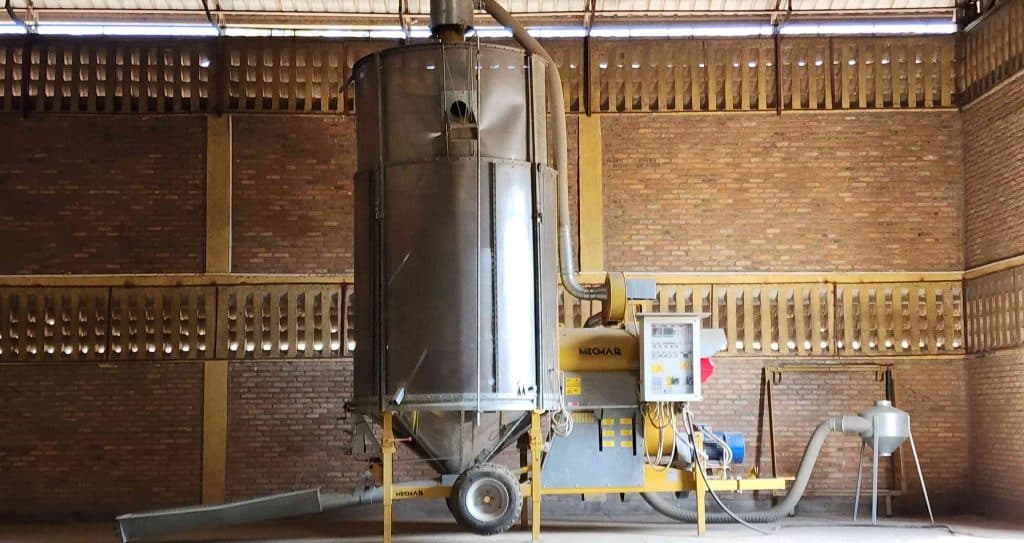
To bring an end-to-end solution through moisture and aflatoxins testing, and create access to affordable dryers, thus reducing prevalence of aflatoxins (AF) and improving food safety in Rwanda.
AF are poisonous substances produced by fungi (molds) that contaminate 40-60% of the food in Africa. Aspergillus, the mold species that produces AF, thrive in warm and humid storage conditions and typically affect cereals and legumes such as maize, millets, groundnuts, sorghum, and soybean. They enter the food chain through contaminated feed and grains, thus affecting both humans and animals. These toxins are carcinogenic and interfere with nutrient absorption and the immune system, causing birth defects, stunting, and wasting.
Countries in tropical and sub-tropical regions – especially those such as Rwanda, with high temperatures, drought risk, and high levels of humidity post-harvest – offer favorable climatic conditions for the growth of AF-producing fungi and the formation of AF in commodities in the field and during storage.
Currently, different Rwandan institutions, including government organizations, development partners, private actors, and farmers’ cooperatives, have employed strategies to prevent and control AF contamination. However, many challenges still exist, including limited institutional coordination, lack of regulatory framework, and clear strategic orientation.
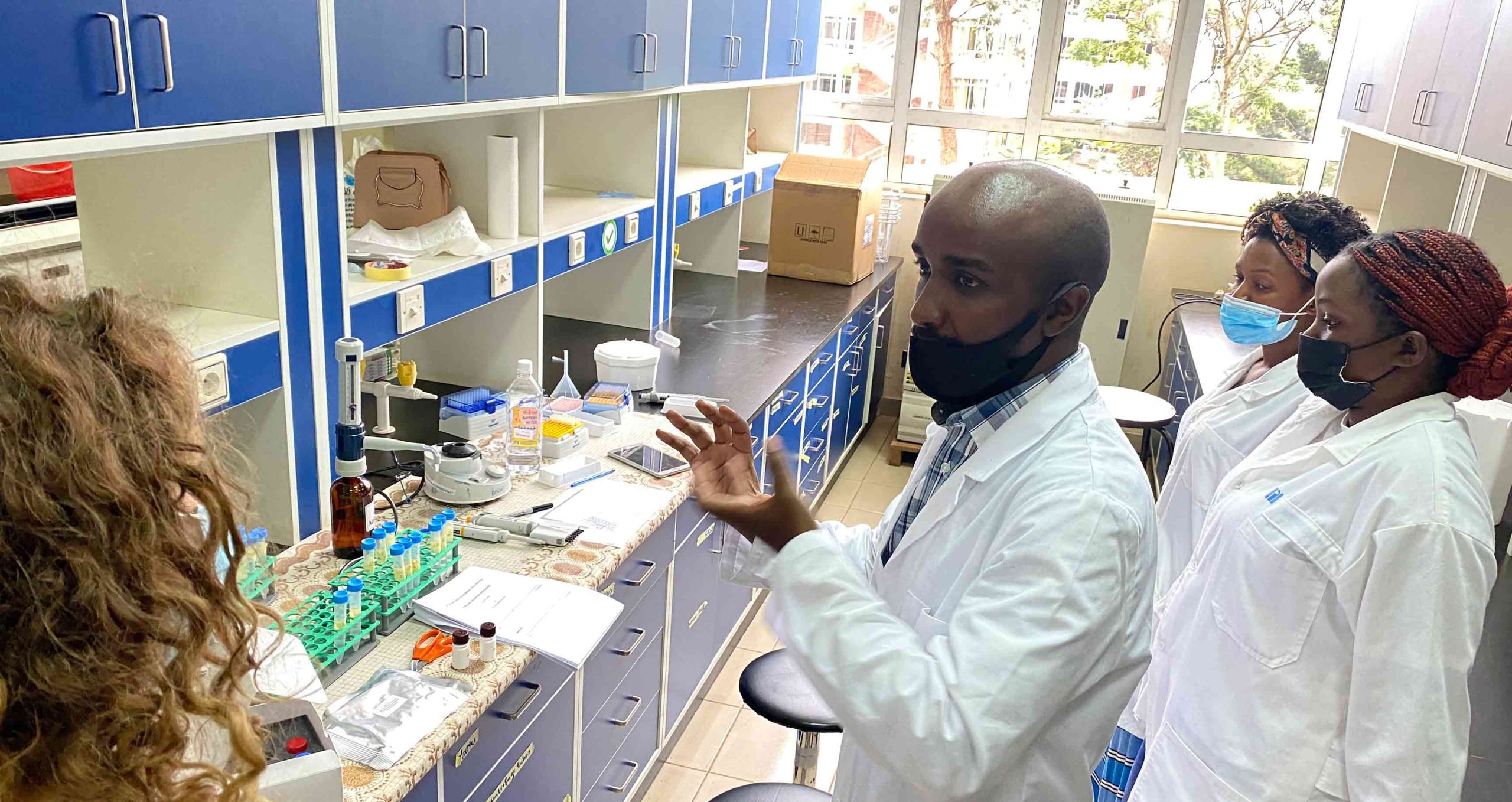
SAL’s AF control project in Rwanda will develop and test end-to-end low-cost technologies for prevention and mitigation of the toxic fungi in maize. The solutions include:
- Awareness and best practices training workshop for farmers, food processors, and Food and Drugs Authority (FDA) officials on mitigation practices of AF.
- Distribution of moisture meters and test kits to identify AF.
- Local manufacture and access to low-cost 500 kg batch hybrid drying machines to effectively dry maize, thus preventing formation of AF.
- Collaboration with the Rwanda FDA to create pathways for national scale-up of solutions.
Key details
- This combination of testing for moisture and drying solutions will help the government provide uncontaminated maize to around 180,000 people.
- When implemented well, these solutions can lead to a 40% reduction in food loss and 70% increase in income among select farmers. This is a game-changing innovation.
- Other sustainability benefits include healthy animals, leading to efficient farms producing fewer emissions, which, coupled with reduced food loss, contribute to making the planet a better place.
Discover more
Why tackle malnutrition
Understand how malnutrition affects our collective future
Global footprint
Discover our key projects across the world
Our strategy
Learn about our 3-stage plan to deliver direct impact on the ground
Our impact
Learn about the impact we have made on the ground so far all these chnages are in discover more section

